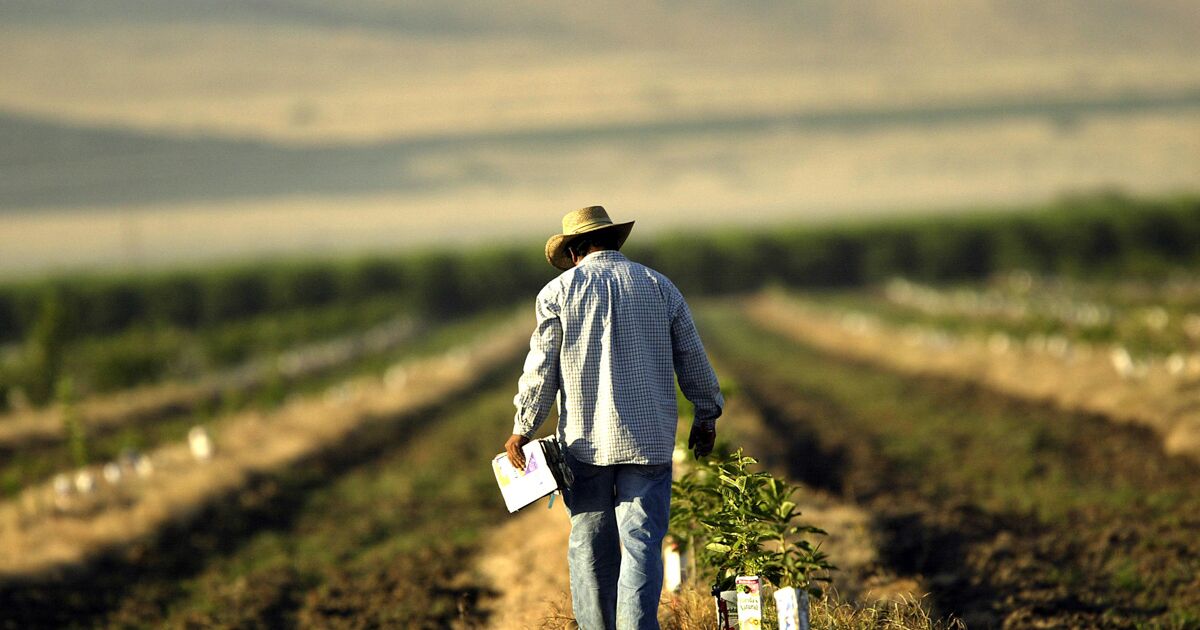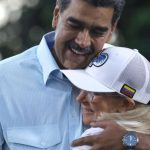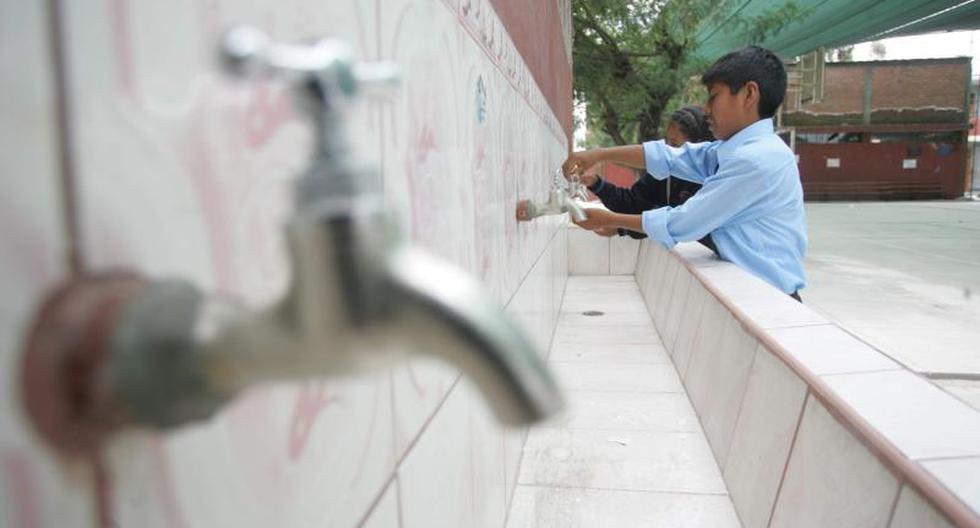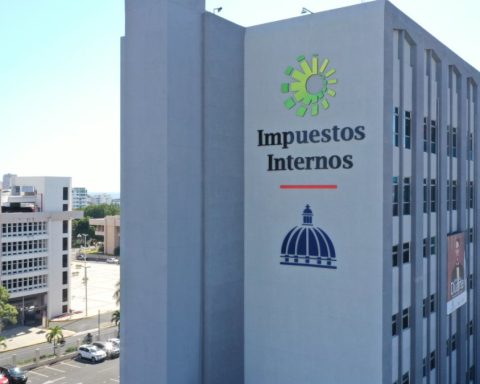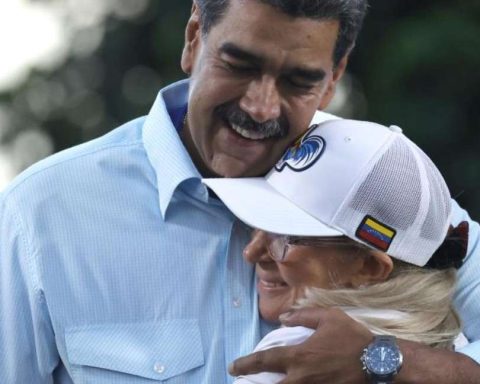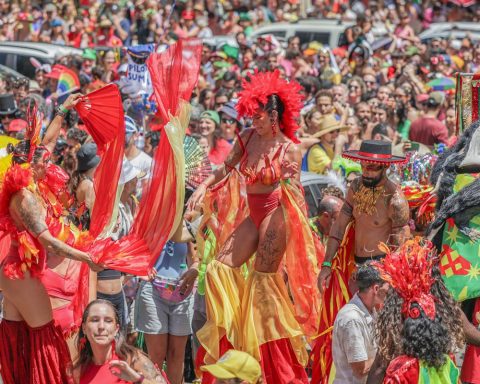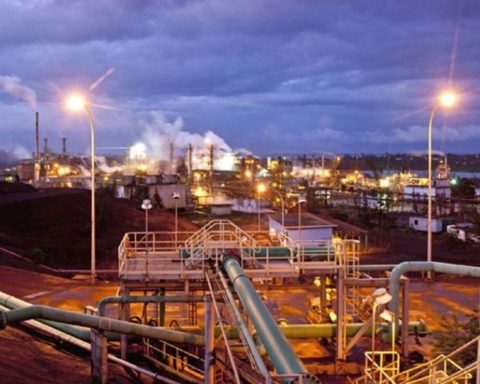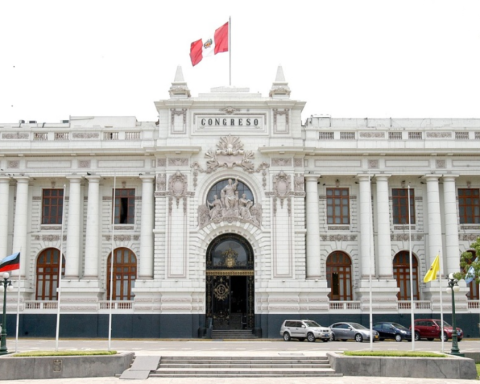“And now, on top of that, comes the pressure on energy prices from the war,” Georgieva said.
The director of the international financial institution admitted that some Latin American food-exporting countries could see the war as an economic opportunity to increase their exports in the face of falling Russian and Ukrainian competition, but warned that even for them there are risks.
The shortage of fertilizers – of which Russia and Belarus are major exporters, while Brazil, for example, is one of the largest importers – and the disruption of the global trading system may constitute difficulties that potentially eliminate any benefits.
Georgieva also referred to the specific situation in the Caribbean, which is still waiting for a full recovery in international tourism as the COVID-19 pandemic eases, something that could now take even longer due to the loss of purchasing power throughout the world by the inflationary pressures of the war.
